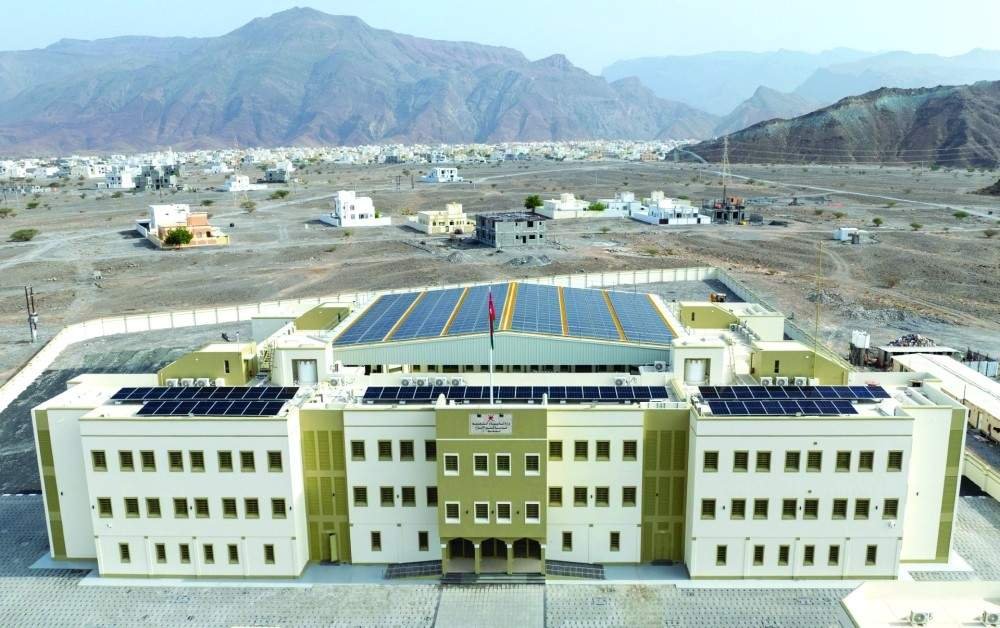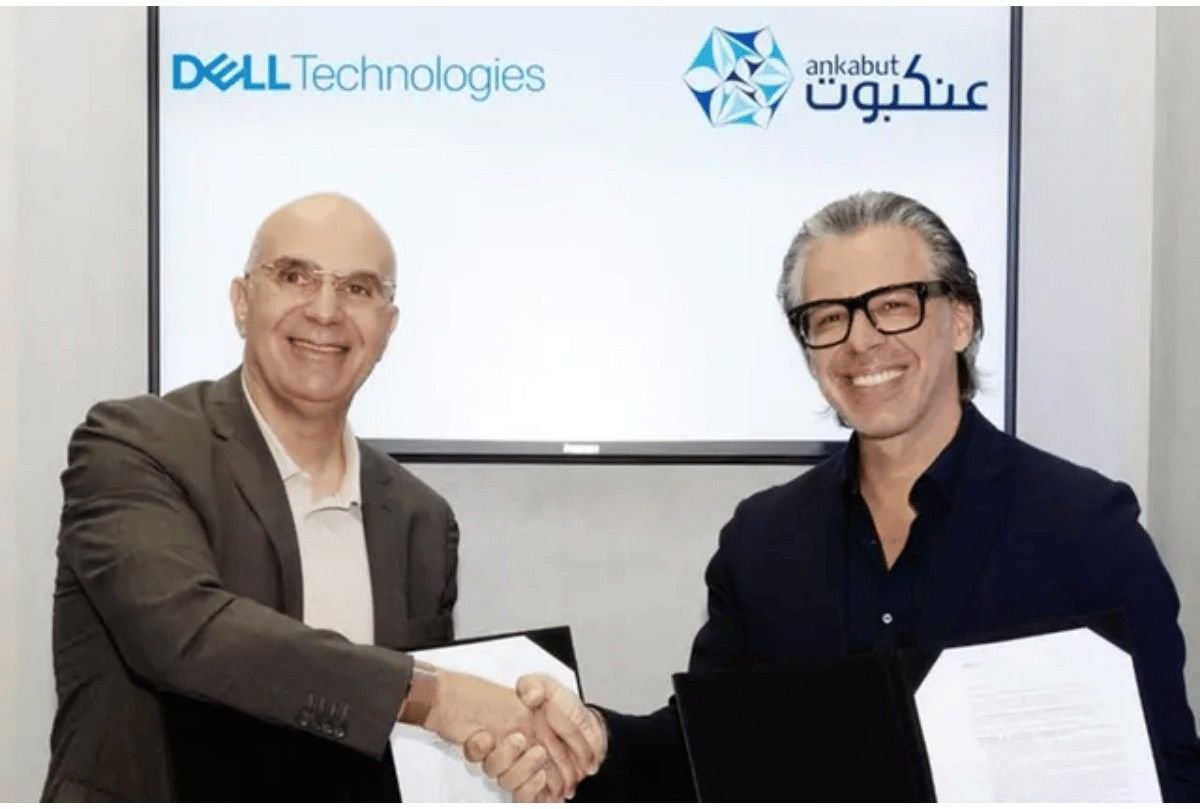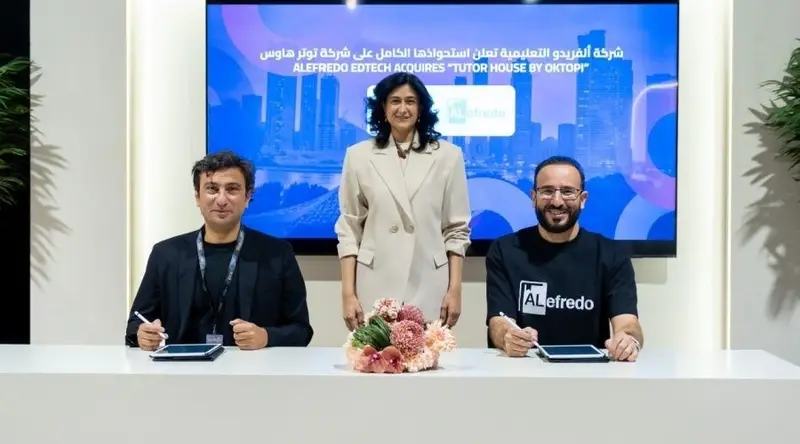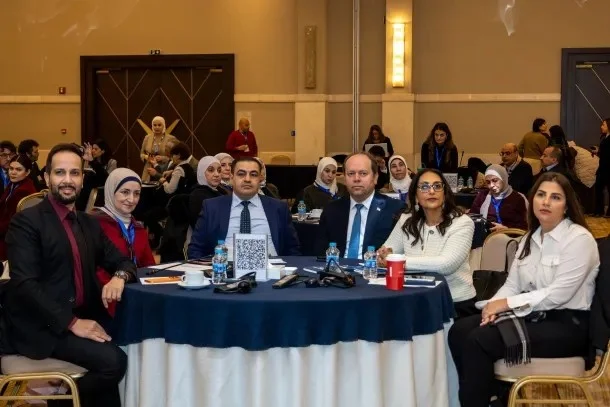The Centre for Aerospace & Security Studies (CASS) in Islamabad recently hosted a webinar titled “Bridging the Global Digital Divide: Access, Equity, and Empowerment.” The session featured prominent speakers, including Dr. Sumaira Kausar, Director of the Centre of Excellence of AI at Bahria University, Ms. Mahnoor Salman, Senior AI Engineer and Co-founder of Atomcamp, and Mr. Adnan Zaidi, CEO of Proxima AI. The webinar was moderated by Shah Muhammad, a Research Assistant at CASS, with concluding remarks delivered by President of CASS, Air Marshal Javaid Ahmed (Retd).
Dr. Sumaira Kausar, speaking on ‘Emerging Technologies and Academic R&D,’ highlighted the global disparities in the adoption of emerging technologies, particularly AI, and the resulting digital divide. She explained that most digital infrastructure is concentrated in advanced economies, leaving low-income countries like Pakistan lagging in AI adoption. Dr. Kausar emphasized that Pakistan is currently in the exploration and experimentation phase of AI adoption and called for prioritizing AI literacy, workforce reskilling, and the establishment of ethical guidelines to accelerate the nation’s digital transformation.
In the session on ‘Digital Literacy and Tech Ecosystems,’ Ms. Mahnoor Salman stressed the importance of global cooperation to address the digital divide, advocating for technology transfer and the ethical use of AI. She also emphasized Pakistan’s need to align its national policies with global best practices, calling for policies that foster digital literacy, financial access, and the empowerment of freelancers through targeted skills development and vocational training.
Mr. Adnan Zaidi’s presentation on ‘Big Tech and Corporate R&D’ explored how global tech giants wield significant influence on national policies through lobbying, information control, and economic power. He discussed the risks of digital colonialism, including data exploitation and the erosion of cultural values. To mitigate these risks, Zaidi urged the promotion of local innovation, the development of strong regulatory frameworks, and an emphasis on education, entrepreneurship, and international collaboration.
Air Marshal Javaid Ahmed (Retd), President of CASS, concluded the webinar by stressing the need for Pakistan to address structural and institutional barriers to digital inclusion. He emphasized the importance of fostering indigenous Research and Development (R&D), digital literacy, and entrepreneurship to reduce dependence on foreign technologies. President CASS called for public-private partnerships to expand digital education and create an inclusive technology ecosystem tailored to Pakistan’s unique needs.
The discussions during the webinar underscored the urgent need for Pakistan to enhance its digital capabilities and bridge the technological gap with the global community.















